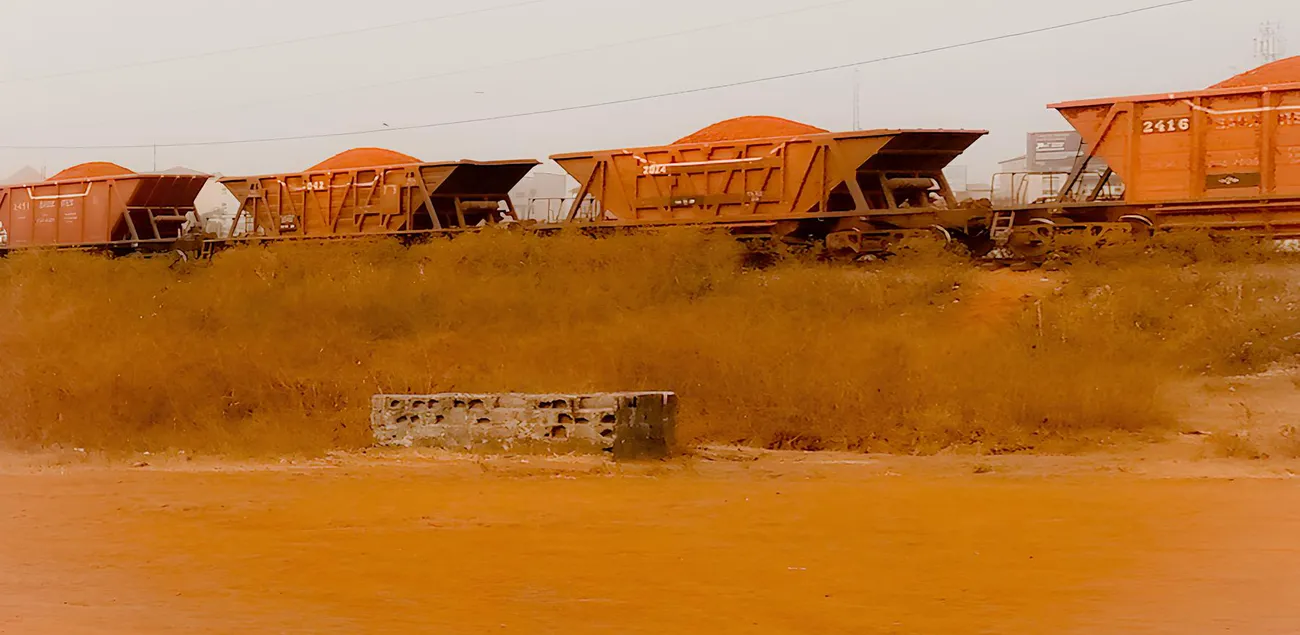
Rusal, aluminium producer, and Guinea’s labour unions have clashed at the Friguia alumina complex as workers launched a strike and blocked the refinery’s rail link to the port of Conakry, halting alumina movements while demanding implementation of a new sectoral agreement. The action follows a complaint over working conditions and comes amid Guinea’s more muscular stance toward mining operators.
Rail blockade hits export artery
Union leader Moussa Souaré said trains would not move nor ships load until talks progress, describing a peaceful strike that does not bar staff from reporting to the plant. Friguia includes its own rail network that feeds the capital’s port; alumina exports from the site rose to 339,149 tonnes in 2024 from 266,429 tonnes in 2023, all destined for Russia, underscoring the logistics leverage of a rail stoppage. A company official said the plant was operating “for the moment.”
Contract dispute and regulatory backdrop
The stoppage centres on implementation of a collective agreement signed in February by the Chamber of Mines, unions and the government that sets base pay bands for unskilled and supervisory staff across mines and quarries. Guinea’s labour inspectorate has been notified, with the union pressing for formal negotiations. The episode lands as the junta intensifies sector oversight: last week the state revoked Emirates Global Aluminium’s bauxite concession and transferred it to a new state entity after refinery-build commitments slipped, signalling tougher enforcement of “mine-to-refinery” obligations.
Production risk and market impact
While alumina futures and premiums are shaped primarily by China and Australia, Guinea’s bauxite–alumina chain has become more important as West African output expands. Any prolonged disruption at Friguia—Guinea’s only operating alumina refinery—would tighten regional supply and force rerouting to alternative refineries. Friguia was shuttered for six years after a 2012 labour dispute before restarting in 2018, a precedent that heightens attention to the current impasse. LME three-month aluminium was around $2,610–$2,630 per tonne this week; a rail-locked Friguia would be more visible in alumina trade flows than in headline aluminium prices, but repeated stoppages could nudge bauxite/alumina premia higher.
Industry context and Guinea’s policy turn
Guinea is the world’s No. 2 bauxite supplier and is pushing operators to add value domestically through alumina. State actions against non-compliant projects, including stripping EGA’s unit of rights, align with a broader West African trend of tightening control over strategic minerals. China’s SPIC has announced plans for a large alumina refinery in the country, highlighting competition to anchor midstream capacity. Against that backdrop, labour stability at existing plants is pivotal to keeping export revenues flowing and reassuring partners.
Company Background and Market Context
Friguia, about 160 km north of Conakry, integrates a bauxite mine, alumina refinery and dedicated rail—one of Guinea’s major industrial employers. Rusal acquired and rehabilitated the site after earlier closures, bringing it back online in 2018. The refinery is often cited with a nameplate near 600,000 t/y of alumina. Its 2024 export uplift underlines the asset’s renewed role in Rusal’s alumina balance following supply reshuffles since 2022.
Aluminium is a staple for transport, construction and packaging. LME three-month prices hovered near $2,620/t on August 13–14, 2025, while Midwest physical premiums remain elevated on US trade-policy uncertainty. Short, localised alumina disruptions tend to show up first in regional premia; sustained outages can filter through to smelter costs with a lag.



